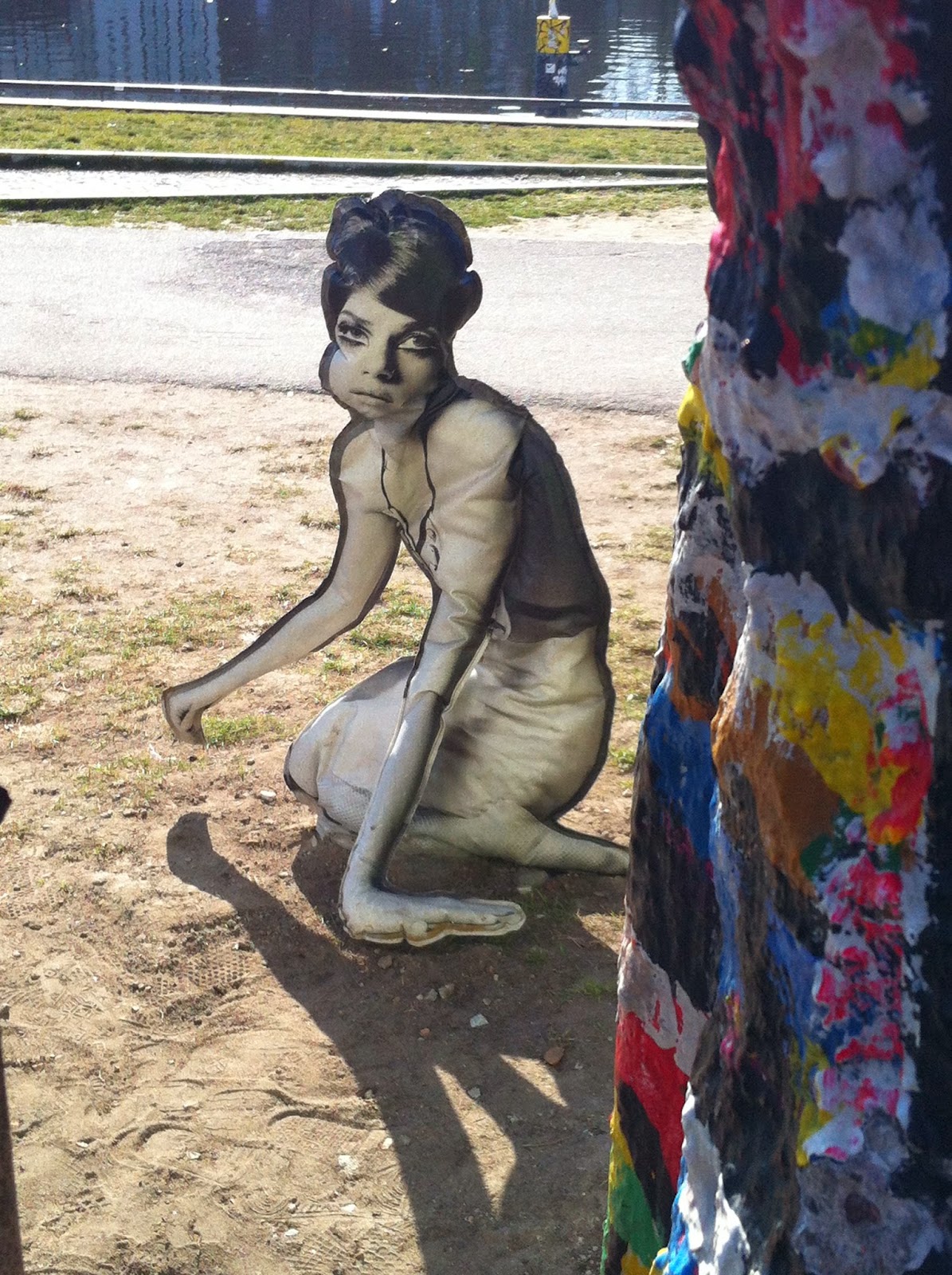Lynn Boorady, an energetic and passionate speaker held
a captive audience with her engaging presentation style, as Associate Professor
and Chair of Fashion and Textiles at Buffalo State University, she lead a
discussion concerning garment fit.
She used a variety of statistics to convey the serious
implications fit has for fashion retailers, particularly concerning online
sales where 70% of returns are because of fit. Lynn outlined key studies
concerning anthropometrics, ergonomics and garment fit historically and
currently and highlighted the gaps in research and what needs to be done as
well as some interesting technological developments already available (see
below).
Most interestingly, she highlighted how the Xbox
Kinect is a £250 body scanner sitting in thousands of homes across the globe;
we could harness it's capabilities to send our exact measurements to retailers who
could then use hundreds of units of data to create more realistically sized
clothes over time.
Mark Eley, of Eley Kishimoto spoke of 'Optihope'; his
combination of optimism and hope for the future of our global society. He used
this opportunity to influence a captive audience of 300, optimistic, wide-eyed
university students before they were inevitably jaded by corporate greed about
the unfair distribution of wealth and the impossible situation debt-ridden,
undeveloped countries face a la Russell Brand.
From the people I spoke to, this speech seemed to fall
on deaf ears, they did not understand the content or the reason behind this
speech, I myself thought it was interesting and insightful, not to mention
brave as Mark Eley seemed to struggle through his nerves and apprehension.
Whilst it was not the most appropriate audience he definitely reached one
person and made me think about coherent global empathy and his utopian
socialist ideology.
Karen Webster, of RMIT University in Melbourne and the
Australian Design Alliance, presented her Big Issue, sustainability.
Karen had some interesting thoughts on this
well-thumbed subject of overt consumption and the model of disposability, not
least the speed at which 'designers' are churning out garments to quench
consumers' insatiable thirst for new items. She spoke of how designs are copied
from a small pool of ideas making the market entirely homogeneous and dull and
limiting the creativity of designers who are unable to convey their passion and
skill due to the contstraints of the modern retail market.
Karen proposes we re conceptualise the traditional
fashion weeks so they become purely a marketing tool as apposed to having any
effect on the supposed 'seasons', this would play on the theatre of fashion and
halt the perpetuation of the next 'new thing'. She also believes brands and
designers should build on their previous ranges as apposed to creating
something entirely new which would encourage consumers to add to their wardrobe
instead of discarding and replenishing.
Advancements in fabric technology have meant we now
have the capabilities to produce heirloom items such as the life coat by Jet
Korine.
Caryn Franklin ended the day with the most empowering
and inspiring speech yet, Diversity.
Caryn began by highlighting how we have gone from a
diverse and charismatic catwalk in the 1990's to a completely dull, caucasian
catwalk today in response to the increasing speed of our modern industry and
the lack of importance we as individuals represent to brands.
She showed us a series of adverts that glorify the
pornification of fashion and the demoralisation of women, showing various
campaigns featuring women in degrading and demeaning positions. Caryn also
spoke of how the fashion industry is grooming young and impressionable
pre-teens with such images by hyper-sexualising, undermining and objectifying
them resulting in an unrealistic and unhealthy perception of beauty.
Her message throughout was to embolden the younger
generation, to use ethnically and age diverse models in campaigns and to
remember that we are the future and we need to promote a broader spectrum of
beauty.


















